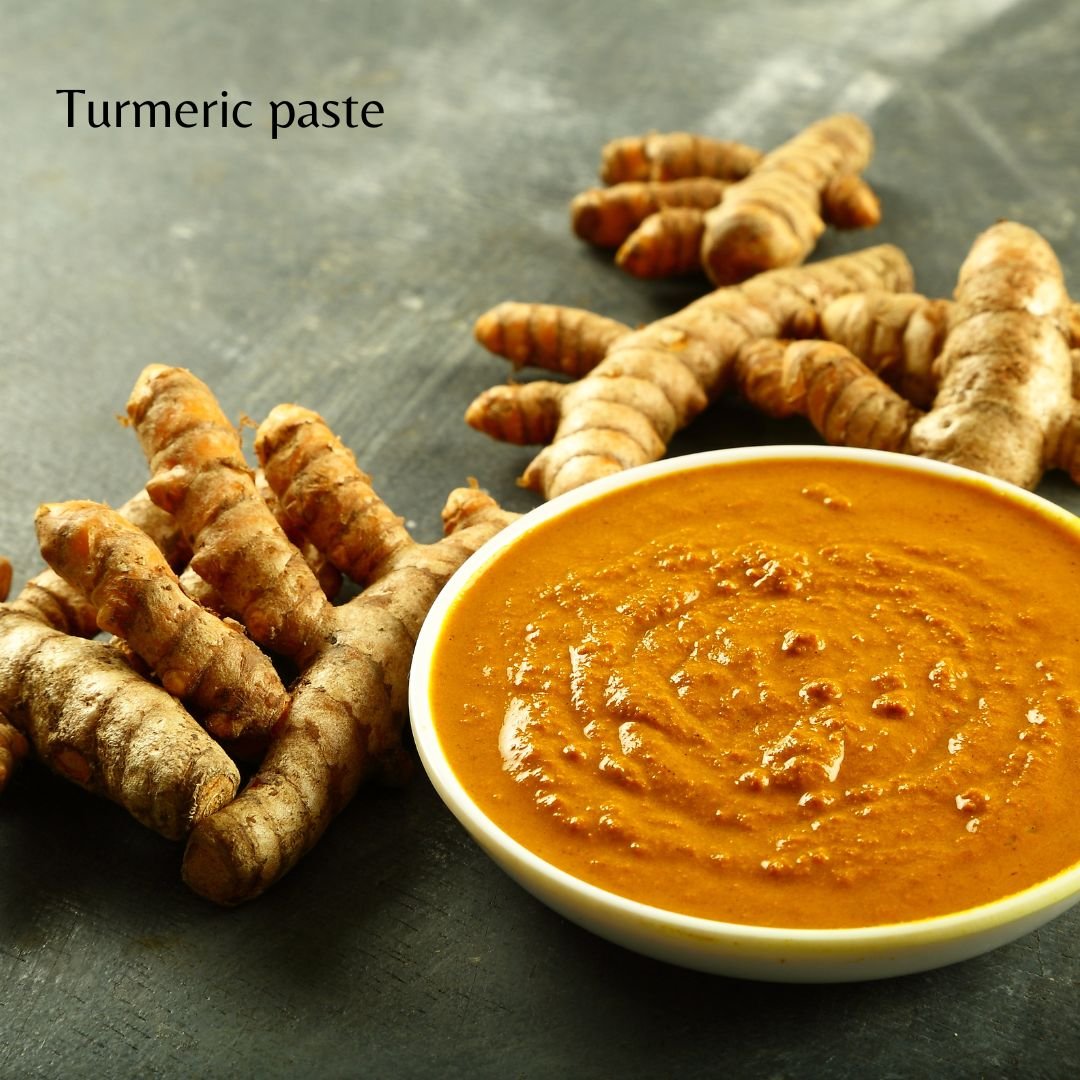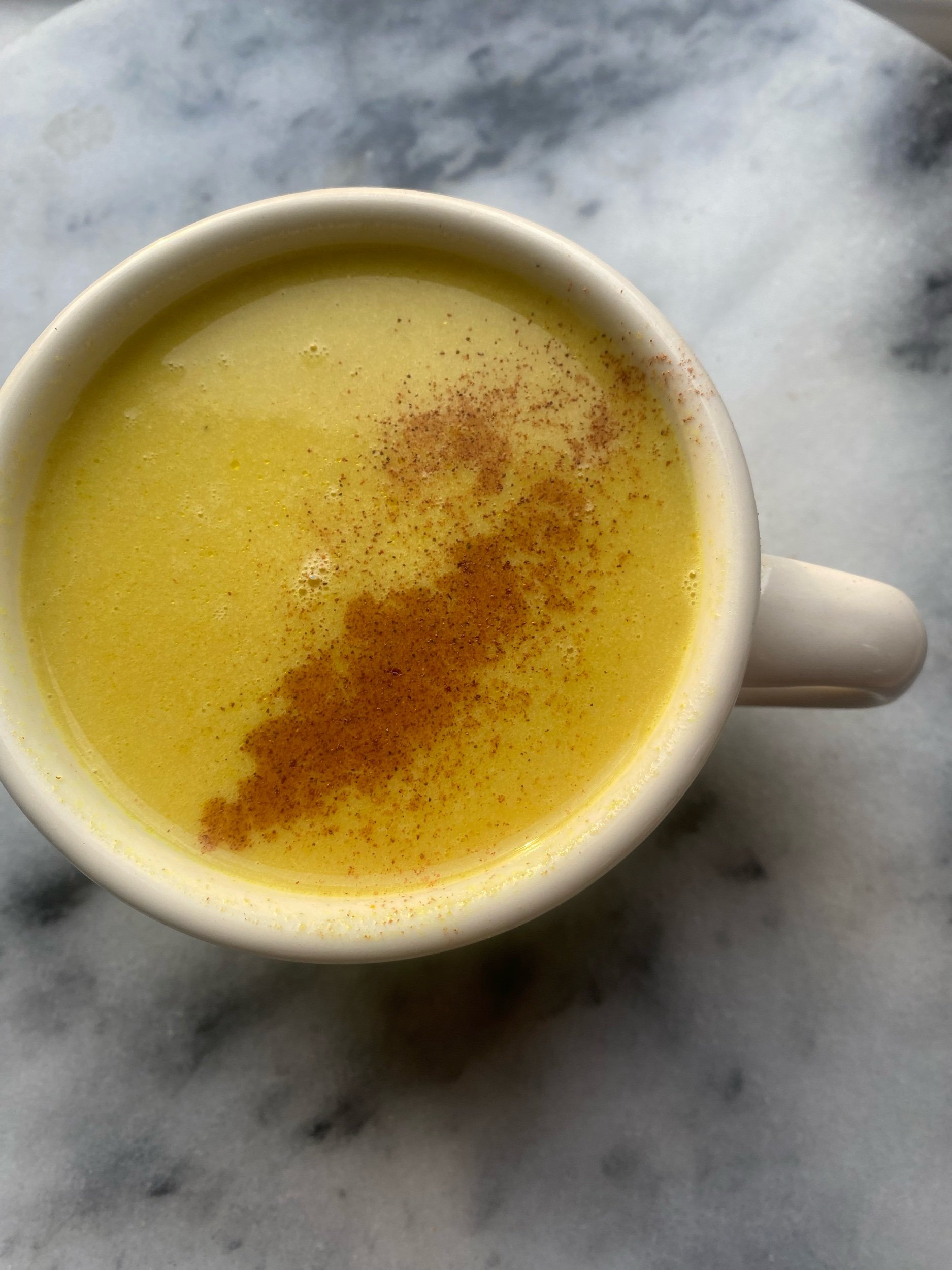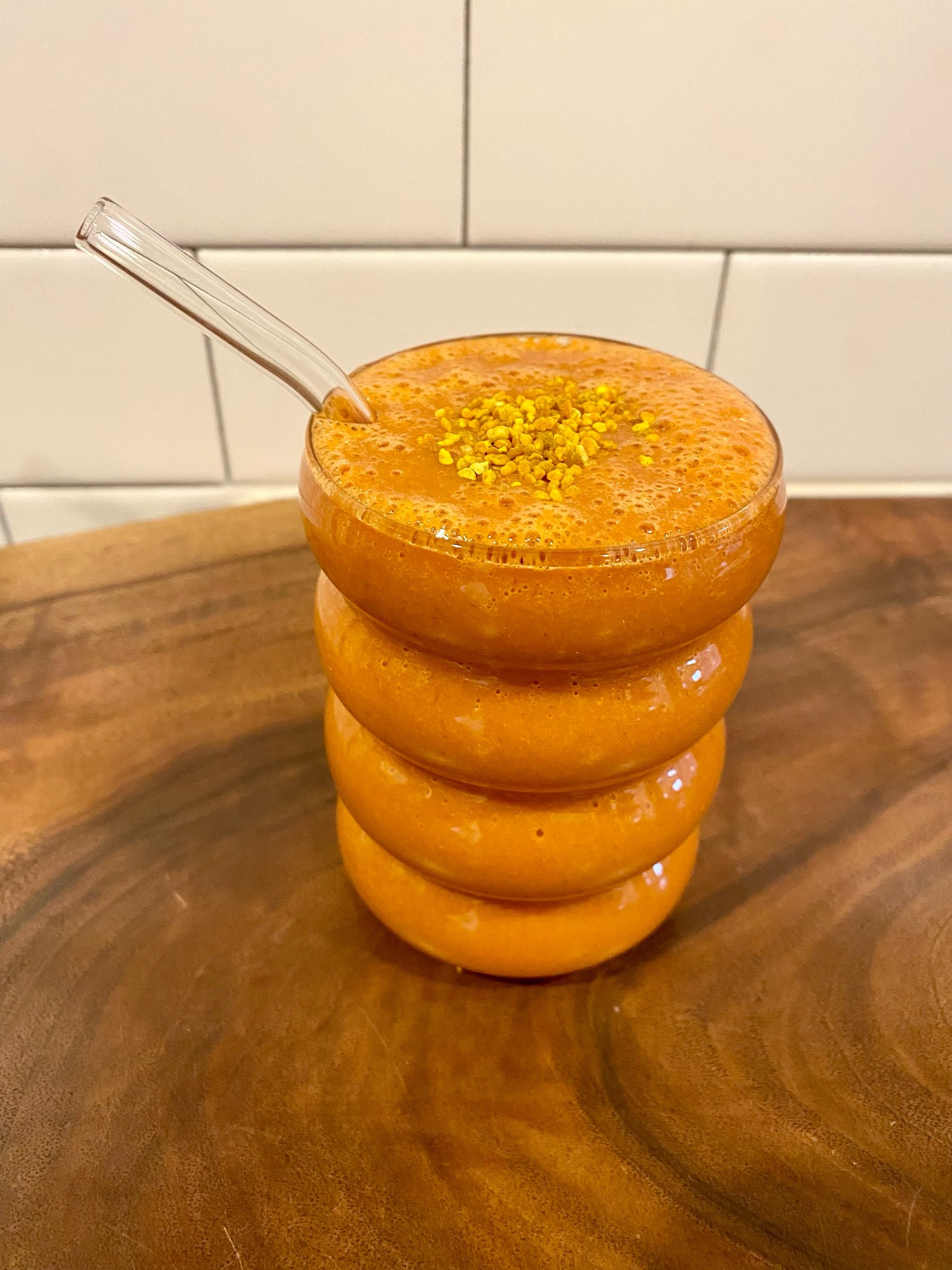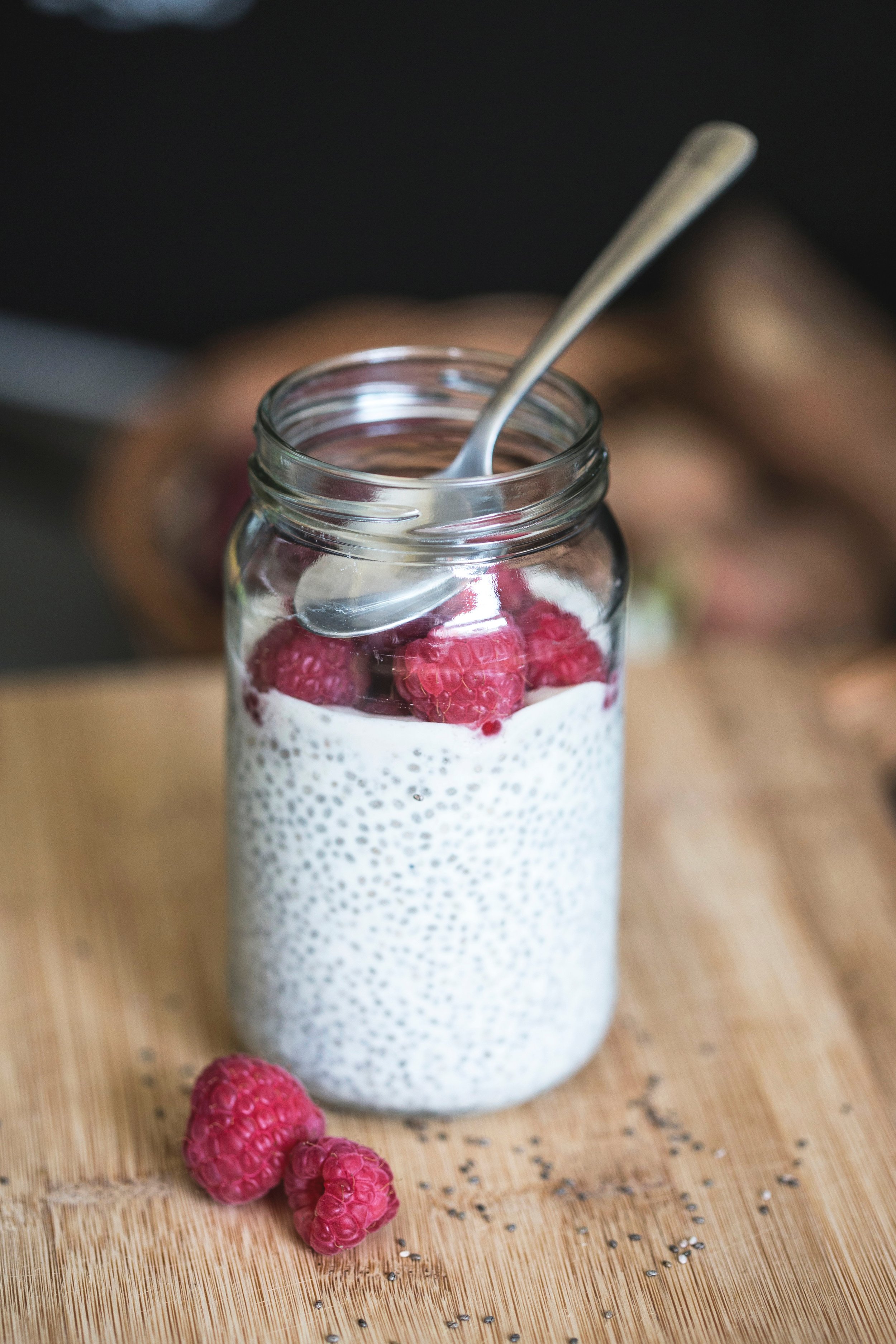Using Chinese Herbs in Everyday Cooking
Using Herbs in Everyday Cooking
Herbs play a crucial role in Chinese medicine and can be easily incorporated and integrated into your cooking. By incorporating herbs into regular meals, you can enjoy their healing properties and tasty profiles. This practice is also a gentle way to introduce patients to herbs who might feel hesitant about taking them in supplement form.
A 2023 study on PubMed highlights that food can significantly impact health, with certain ingredients supporting or balancing the body’s internal harmony. For instance, some foods are seen as warming or cooling, while others are thought to be moistening or drying, which can be helpful in addressing imbalances. Take, for example, Rou Gui (Cinnamon), Xiao Hui Xiang (Fennel), Dou Kou (Cardamom), Chuan Jiao (Sichuan Pepper), and Sheng Jiang (Ginger). These herbs are commonly used in Traditional Chinese Medicine (TCM) but also frequently found in the kitchen, enhancing both flavor and wellness.
Below is a list of herbs commonly used as food ingredients, and considered safe for daily use.
Ren Shen (Ginseng)- Known for boosting energy, enhancing immune function, and reducing stress.
Qian Shi (Euryale Seed)- Supports kidney health, strengthens the spleen, and helps with diarrhea.
Chen Pi (Dried Tangerine Peel)- Aids digestion, alleviates bloating, and promotes the flow of Qi.
Ding Xiang (Clove)- Supports digestive health, alleviates nausea, and has antimicrobial properties.
He Tao Ren (Walnut)- Nourishes the Kidneys, promotes brain health, and supports healthy aging.
Yi Yi Ren (Job's Tears)- Promotes diuresis, reduces inflammation, and supports digestive health.
Bai He (Lily Bulb)- Moisturizes the lungs, calms the spirit, and is often used for dry coughs.
He Ye (Lotus Leaf)- Supports weight loss, regulates digestion, and has cooling properties.
Fu Ling (Poria)- Promotes diuresis, strengthens the spleen, and calms the spirit.
Gou Qi Zi (Goji Berry)- Rich in antioxidants, supports eye health, and boosts immune function.
Yin Er (Wood Ear Mushroom)- Supports cardiovascular health, boosts immunity, and enhances skin health.
Sha Ren (Cardamom)- Aids digestion, alleviates nausea, and enhances appetite.
Gan Cao (Licorice Root)- Harmonizes other herbs, soothes the throat, and reduces inflammation.
Shan Yao (Chinese Yam)- Nourishes the Spleen and Kidneys, and supports digestive health.
Lian Zi (Lotus Seed)- Nourishes the Heart and Spleen, calms the mind, and supports digestive health.
Gui Zhi (Cinnamon Twig)- Warms the body, promotes circulation, and helps with colds and flu.
Ju Hua (Chrysanthemum Flower)- Supports eye health, reduces inflammation, and helps with headaches.
Tian Pang Da Hai (Seaweed)- Rich in minerals, supports thyroid health, and aids detoxification.
Bai Guo (Ginkgo Nut)- Supports cognitive function, enhances blood circulation, and has antioxidant properties.
Xie Bai (Chinese Chive)- Promotes digestion, supports circulation, and has warming properties.
Wu Mei (Mume Fruit)- Supports digestive health, alleviates cough, and has anti-inflammatory properties.
Xiao Hui Xiang (Fennel Seed)- Aids digestion, relieves bloating, and promotes appetite.
Ji Nei Jin (Chicken Gizzard Lining)- Supports digestive health, enhances nutrient absorption, and prevents stones.
Suan Zao Ren (Sour Jujube Seed)- Nourishes the Heart, calms the spirit, and promotes restful sleep.
Hei Zhi Ma (Black Sesame Seed)- Nourishes the Liver and Kidneys, supports healthy hair, and promotes skin health.
Rou/Cao Dou Kou (Nutmeg)- Aids digestion, reduces nausea, and has warming properties.
Hua Jiao (Chuan Jiao) (Sichuan Pepper)- Promotes digestion, has analgesic properties, and enhances flavor.
Da Zao/Hong Zao (Jujube)- Nourishes Blood, calms the spirit, and boosts energy levels.
Here are some easy ways to bring these herbs into everyday meals:
Warming Ginger and Cinnamon Porridge: Combine Sheng Jiang (Ginger) and Rou Gui (Cinnamon) with oats or rice for a comforting breakfast. These warming herbs are great for digestion and circulation, especially on cool mornings.
Spiced Fennel and Cardamom Soup: Add Xiao Hui Xiang (Fennel) and Dou Kou (Cardamom) to a hearty vegetable or chicken soup. These spices help ease bloating and promote digestion.
Sichuan Pepper Stir-Fry: Add Chuan Jiao (Sichuan Pepper) to your favorite stir-fried vegetables or tofu. This spice provides a unique, tingling heat that’s energizing and supports circulation.
Herb-Infused Tea: For a simple, soothing drink, steep Ginger, Fennel, and a pinch of Cinnamon. It’s a great way to calm the stomach and warm the body and promote digestion.
Seaweed and Tofu Salad: Combine nori or wakame seaweed with tofu, cucumbers, and a light sesame dressing. This dish offers a rich source of minerals and antioxidants, supporting glandular health and hydration.
Black Sesame Coconut Bars: Blend black sesame paste with coconut milk, a little honey, and shredded coconut. Press the mixture into a baking dish and refrigerate until set. These bars are a rich, nutty treat that helps nourish the Liver and Kidneys, providing a satisfying and healthful dessert option. The coconut adds a smooth texture while complementing the earthy flavor of the black sesame.
Herbal Congee: The easiest way to incorporate herbs into your diet for therapeutic reasons is through congee, a simple rice porridge. This dish is easily adaptable and can be made with a variety of medicinal herbs to target specific health needs. By adding herbs like ginger, cinnamon, or goji berries, you can create a nourishing, healing meal that supports digestion and overall well-being without overwhelming the taste. Congee offers a gentle, consistent way to enjoy the benefits of herbs in everyday meals. Another simple and delicous way is by making an herbal broth, or a chicken broth or bone broth and loading it with herbs that support your health goals.
Using these herbs in everyday cooking brings both flavor and balance to your meals, integrating health-supportive elements into each dish naturally and deliciously.
How To Dose Herbs When Cooking Them Into a Meal?
When incorporating herbs into meals, it’s essential to keep in mind that moderation is key. Using around half of the typical daily dosage of an herb ensures that the body can gradually adjust to its effects, enhancing the overall health benefits without overwhelming the digestive system or causing adverse reactions. This method allows herbs to act as supportive, everyday foods rather than potent, medicinal doses. The philosophy behind this approach is rooted in the idea that consistent, smaller amounts provide long-term benefits, allowing herbs to work synergistically with the body over time.
The goal is not to saturate the body with large doses of herbal medicine but to provide a steady, gentle support that can help balance and enhance health naturally. Too much of a good thing can sometimes be counterproductive, especially with herbs that affect the body’s delicate systems. By incorporating them into meals thoughtfully, you can enjoy the cumulative benefits without the risks associated with stronger, concentrated doses. This approach aligns with the TCM philosophy of maintaining balance and avoiding extremes.
Good Taste is Key
Good taste is essential when integrating herbs into your cooking, as flavor plays a significant role in the overall meal experience. When using herbs for medicinal purposes, it's important to ensure that their presence enhances the dish without overpowering it. Herbs should complement the food’s natural flavors and create a balanced, harmonious taste, rather than making the dish taste strongly of the herb itself. The goal is to incorporate the health benefits of herbs subtly, so the final product remains pleasant to the palate while still nourishing the body. Think of herbs as a seasoning—there to enhance the dish, not dominate it.
References
https://pmc.ncbi.nlm.nih.gov/articles/PMC10394323/













































This simple receipe for nourishing chicken can easily become a staple in your household!